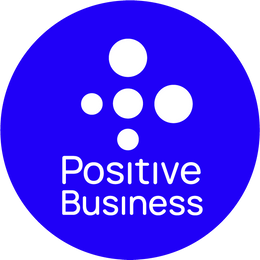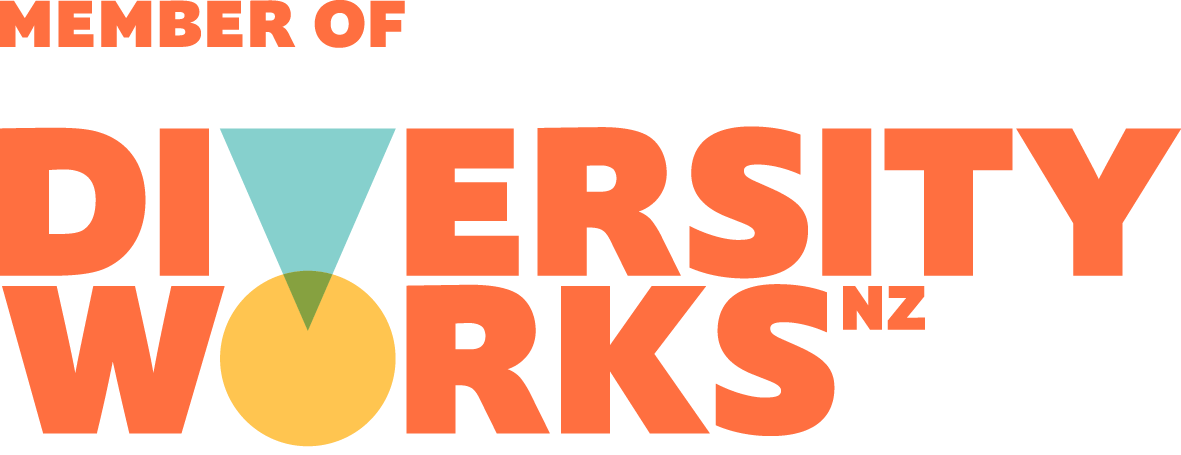News
An impending job interview certainly gets your heart pumping, but when you add the fact it’s on the phone, your nerves can easily take over. Just how do you convey your enthusiasm and personality without being able to look the interviewer in the eye?
While it’s a natural worry, there are plenty of things you can do to highlight you’re the right fit for the role over the phone. Just like with an in-person or video interview, the key to making a good impression is preparation. Here we share our best practice tips on how to ace a phone interview, breaking it down into three categories – before, during and after your interview.
Research and Prepare Your Cheat Sheet
A phone interview offers you a key advantage: the interviewer can’t see you, so you can refer to a cheat sheet. This is a short document with bullet points covering essential company information, example answers to common questions, as well as questions you’ll ask.
Once you’ve completed it, spend some time committing as much as you can to memory, especially the answers you’ve prepared. Don’t worry if you get stuck during the interview as you can refer to your cheat sheet for help, but it’s good to try to avoid sounding like you’re reading from a script. You can include things such as:
- Company information. Spend some time revisiting the company’s website, social media pages and professional networking profiles to review their key messaging, important personnel and current projects. Begin compiling your cheat sheet by jotting down a few notes about this.
- Job information. Reread the job description and advertisement, paying close attention to the role’s main responsibilities, duties/tasks, required skills and experience. Consider how your skillset and experience align with what’s required.
- Questions you’ll ask. It’s pretty much a given that the interviewer will ask if you have any questions. By preparing a good cross-section, you can showcase your interest and aptitude when it comes to your progression and that of the company, as well as your ability to ‘think big’.
Another smart prep step is to do a few practice phone interviews with a friend, family member or your recruiter. Record them so you can review them afterwards to see if you can make improvements when it comes to your answers, speaking clearly or interrupting the interviewer.
Get Ready Early
Set yourself up for the call at least half an hour beforehand. Choose a quiet call location so you don’t have any distractions from other household members or pets! Fully charge your phone, turn off notifications and switch off call-waiting if you can.
Try to position yourself in a comfortable spot at a table, desk or bench so you can have your cheat sheet, resume and cover letter right in front of you. Keep a glass of water close by and a notepad and pen to jot down any notes you might have during the call.
Be Positive
When speaking, try to do so in an upbeat manner with enthusiasm. It can help if you smile as you talk, as well as sit up straight. It sounds strange to do, but this sends signals to your brain that it’s performance time.
You may start out speaking quickly due to nerves so try to intentionally slow your pace. Conversation gaps on the phone can be a little awkward, but you needn’t fill them by answering too quickly without truly considering the question. Better to have a moment’s pause than to sound unprepared and panicked. It’s also okay for the interviewer to repeat a question for further clarification if you need it.
A last note on positivity – avoid talking badly about your employer, even if you’re subtly asked about it. Answer by talking about what you’ve gained from the experience and what you’d like to do now and in the future.
Follow the Interviewer’s Lead
Some interviewers like to engage in a bit of small talk to start, while others get straight to it. Let them set the tone and follow their lead.
It’s also good phone interview etiquette to avoid interrupting your interviewer, allowing them to finish speaking before you start. If you’re worried about forgetting something you want to say, use your notepad to jot it down. You can then mention it when it's your turn to talk.
Wrap Up
It’s standard practice for interviewers to ask if you have any questions towards the end of the interview. This is your chance to use that enlightening question list you’ve prepared! Just remember to avoid repeating any you may have already asked during the conversation.
As the interview draws to a close, take the chance to reiterate your excitement about the role, and why you're a good fit and ask about the next steps. Always ask how they think you have performed, too, as this is your chance to rebuff any potential concerns.
After this, consider sending a follow-up email at the end of the day, or early the next thanking them again for the opportunity, while restating your interest in the role and a little about your suitability. If you can, incorporate something interesting you learned during the interview to avoid the email sounding generic. You can end by saying you hope to hear from them soon.
Extra Phone Interview Help
Phone interviews don’t have to be an overwhelming task. They can, in fact, be a chance for you to flex your interviewing muscles and professionally practice your speaking skills. Sometimes, you just need a little more support to make your phone interview the one that stands out.
If you are interested in a chat about the next steps in your career – including phone interviews and how to manage them – we’d be happy to share our more than 30 years of experience in the Commercial and Industrial recruitment market in Christchurch and across greater New Zealand. Feel free to connect with one of our specialists today.





